In the hustle and bustle of our daily lives, we often overlook the intricate connections between many aspects of our health. One such connection that might surprise you is the relationship between your teeth and the quality of your sleep.
The health of your smile can impact the peacefulness of your slumber. One way you can improve your sleep is to talk to your dentist for help.

Understanding the Connection
Our body operates as a complex, interconnected system where each part plays a vital role. The mouth holds a key position in this system. This is because your mouth is the gateway to the rest of the body.
Research suggests that the health of your teeth and gums can influence various aspects of your overall well-being. One of the surprising connections is with sleep quality.
Gum Disease and Sleep
Gum disease is a common oral health issue that often goes unnoticed. Typically, gum disease is a result of plaque buildup due to poor oral hygiene. The inflammation caused by gum disease has been linked to sleep disturbances such as insomnia. When gums are inflamed, it triggers an inflammatory response throughout the body. As a result, this can affect your sleep patterns.
Bruxism – The Silent Saboteur
Have you ever woken up with a sore jaw or headache? This might be a sign of bruxism. This is a condition where people grind or clench their teeth during sleep. Bruxism not only jeopardizes the integrity of your teeth but can also lead to disrupted sleep. The constant grinding can awaken you multiple times during the night. This can leave you fatigued the next day.
Maintaining Healthy Teeth for Sound Sleep
There are some simple yet effective ways to maintain a healthy set of teeth and promote better sleep. Your sleep is important for your health. Therefore, you need to make sure that you get quality sleep.
Establish a Consistent Oral Care Routine
Regular brushing and flossing are the cornerstones of good oral hygiene. Ensure that you brush your teeth at least twice a day and floss once daily. This helps prevent the buildup of plaque and reduces the risk of gum disease.
Invest in a Night Guard for Bruxism
If you suspect you might be grinding your teeth at night, consider using a night guard. This dental appliance acts as a protective barrier. It can prevent the harmful effects of bruxism on both your teeth and your sleep.
Regular Dental Check-ups
Don’t underestimate the importance of regular dental check-ups. Your dentist can identify early signs of gum disease or bruxism and provide timely interventions to protect your oral health.
How Quality Sleep Improves Overall Health
Just as poor oral health can disrupt your sleep, the reverse is also true. Quality sleep plays a crucial role in supporting overall health. Furthermore, its benefits extend far beyond feeling well-rested. Adequate sleep enhances immune function, promotes mental clarity, and reduces the risk of chronic diseases.
